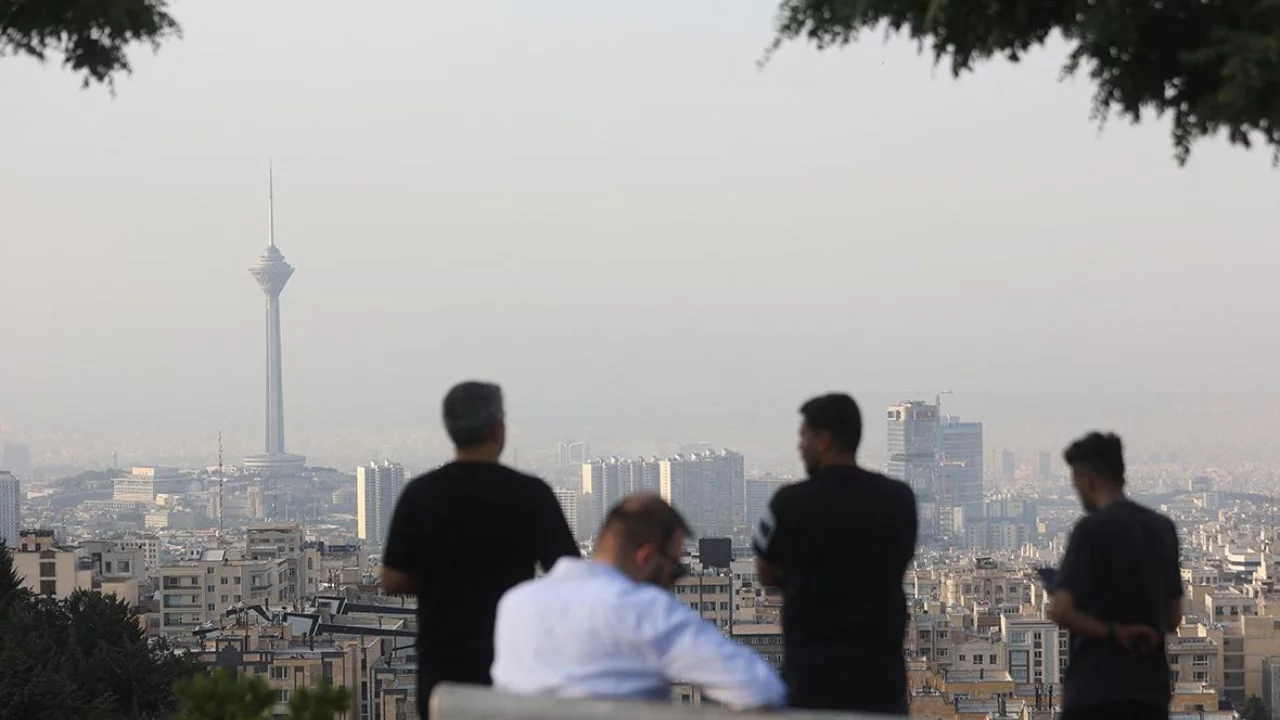Iran cut off from the internet: network completely shut down amid conflict

In Iran, considered one of the world’s most closed and controlled internet spaces, access to the internet has become almost impossible in recent days. According to the NetBlocks organization, which monitors internet freedom and the global network, all major providers and data exchange in the country have been disrupted. Such a large-scale outage is not the first for Iran, but this time the full blockade has had a serious impact on the lifestyle of the population and the state’s information policy.
NetBlocks, in its statement, said that real-time network data confirmed that internet connectivity in Iran had been almost entirely shut off. It is noted that previously there were partial outages, restrictions via certain providers, and, most importantly, temporary blocks against opposition or external information flows. However, this time Iranian authorities decided to implement comprehensive restrictions nationwide.
After this, the Iranian Ministry of Communications and Information Technology officially announced restrictions on internet access. This decision caused various reactions among the population and serious debates and criticism in both the local and international information spaces. The internet blockade has negatively affected not only personal communication, but also the economy, education, healthcare, and government services.
Internet issues in Iran are certainly not accidental. Recently, the country’s security and political balance have come under serious strain. On June 13, Israel launched a military operation against Iran — striking nuclear and defense infrastructure. In response, Iran launched several missiles at Israel. The situation in the region has sharply escalated, with the military conflict reaching a new stage.
It was precisely amid these military and political clashes that internet restrictions were tightened. The aim was to control the flow of external information, filter the news spreading on social networks, and reduce possible dissent and anxiety among the population. At present, most of Iran is deprived of information, with only local content available through domestic networks.
International human rights activists and organizations defending information freedom consider this a violation of human rights. Especially in times of crisis and war, limiting access to information seriously affects the safety and general morale of the population. This has also brought additional difficulties for internet activists, journalists, and bloggers.
Observers and followers note that the internet shutdown in Iran is a political and technical measure aimed at eliminating the flow of information inside the country, which also affects Iran’s international image. The international community continues to voice its opposition to such restrictions.
Conclusion:
The internet restrictions in Iran are rooted in political and military reasons, with a special policy aimed at ensuring information security and internal stability. In such situations, issues of information freedom and technological development become even more important. As long as the complex situation in the region persists, internet restrictions and the information war will remain relevant on a global scale. Read “Zamin” on Telegram!
Ctrl
Enter
Found a mistake?
Select the phrase and press Ctrl+Enter 





















